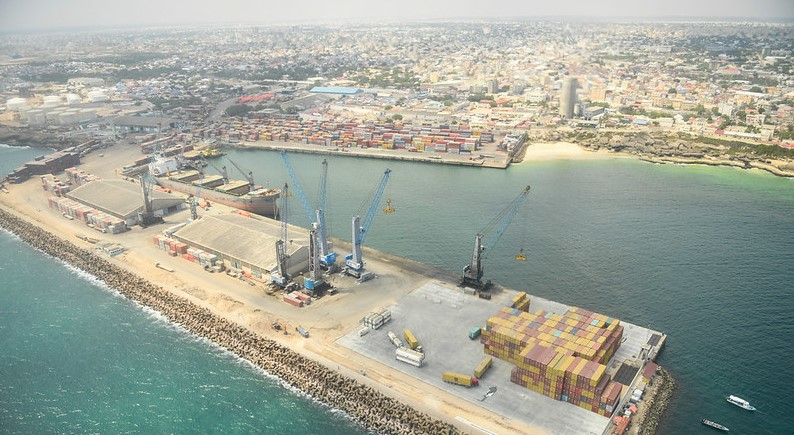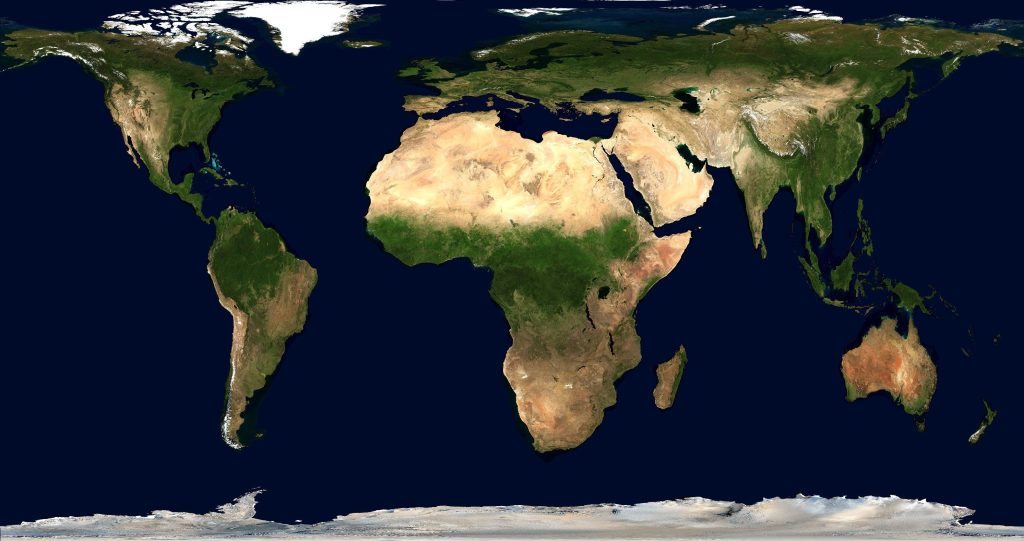Kenya slumps in green energy transition, falls 18 places in global rankings

The 2025 Index places Kenya at position 88 globally out of 118 surveyed countries, down from last year’s rank of 70. ETI score has also declined from 53.6 in 2024 to 50.7 in 2025, representing a 5.4 per cent slump.
Kenya’s pioneering progress in green energy has taken a concerning turn, with the country dropping 18 spots in the latest Energy Transition Index (ETI) rankings.
The drop ideally means the country’s momentum in shifting from fossil fuels to cleaner, more sustainable energy sources has significantly slowed or even regressed over the past year.
More To Read
- Proposed Bill set to mandate solar panels on new homes
- Climate change: How global water crisis could cost trillions
- Heat stress on the rise, slashing work productivity by 2-3 per cent, report warns
- From sea ice to ocean currents, Antarctica is now undergoing abrupt changes
- Africa’s top climate change challenges: A fairer deal on phasing out fossil fuels and mobilising funds
- Talks on global plastic pollution treaty end in Geneva without consensus
The 2025 Index places Kenya at position 88 globally out of 118 surveyed countries, down from last year’s rank of 70. ETI score has also declined from 53.6 in 2024 to 50.7 in 2025, representing a 5.4 per cent slump.
The Index, published by the World Economic Forum, assesses key aspects of the energy transition across three key imperatives of equity, security and sustainability, as well as the transition readiness dimensions.
Its scores use a 0-100 scale, with 100 representing the highest global performance for each indicator and index component.
A score significantly below 100 indicates gaps in one or more key areas, such as heavy reliance on fossil fuels or limited investment in renewable energy.
It may also reflect weak regulatory frameworks or unequal access to energy, highlighting the challenges a country faces in achieving a balanced and effective energy transition.
Kenya’s score significantly highlights a worrying shift in trajectory.
Reports in the recent past have recognised Kenya as a pioneer in Africa's green transition, particularly in renewable energy and sustainable development.
The country is noted to have made significant strides in transitioning to a low-carbon economy, with a strong focus on renewable energy sources like geothermal, wind, and solar power.
It today boasts of significantly increasing reliance on renewable energy sources, with over 90 per cent of electricity generated from these sources, and further aims to achieve 100 per cent clean energy by 2030.
Africa and the world at a glance
Regionally, Sub-Saharan Africa's average score on the Index dropped to 48.8, down from 49.6 in 2024, indicating a regional decline in energy transition progress.
According to the think tank, this suggests broader regional challenges, including underinvestment, low electrification access in certain areas, and institutional inefficiencies that continue to hinder consistent progress.
“Gains are seen in rural electrification and regulatory commitment, though progress is uneven due to underinvestment, low access rates and institutional barriers,” the report reads.
The regional backslide stands in stark contrast to previous optimism.
In 2024, the region was lauded for achieving a remarkable energy transition growth of 10 per cent over the last decade, making it the strongest performer across all groups on the equitable dimension.
Notably, the region experienced the highest gain of 58 per cent in regulation and political commitment scores, alongside advancements in education and human capital.
However, the region faced challenges in attracting global investments and fostering public-private partnerships to strengthen infrastructure and diversify its energy mix.
Globally, the 2025 ETI shows modest progress, with the average score nudging up from 56.5 in 2024 to 56.9.
Despite continued expansion of renewables and improvement in energy efficiency, Wef says certain factors are on the back of the slowed progress.
Firstly, it notes that energy-related CO2 emissions have been on the rise, reaching a record high of 37.8 billion tonnes last year.
Additionally, it says clean energy investment grew to over $2 trillion, double the 2020 levels, but well below the $5.6 trillion needed annually through 2030.
“Moreover, annual investment growth slowed to 11 per cent, down from 24-29 per cent annually in the previous three years,” the report reads.
In the rankings, Sweden, Finland, and Denmark retained the top three positions globally, thanks to long-term policy consistency, diverse low-carbon energy mixes, and strong infrastructure.
Top Stories Today












































